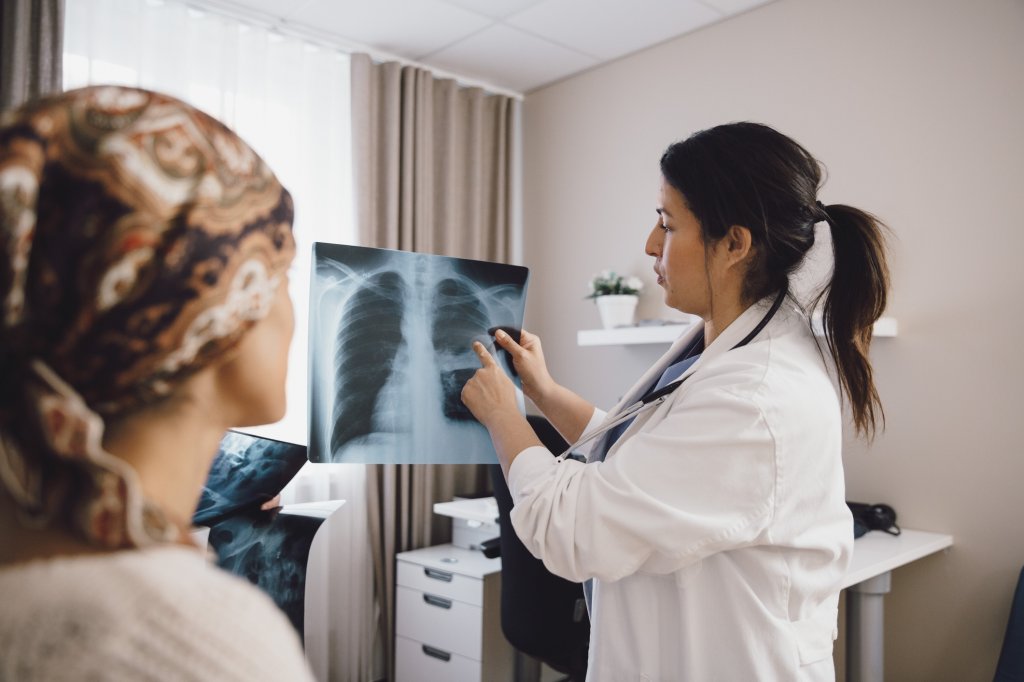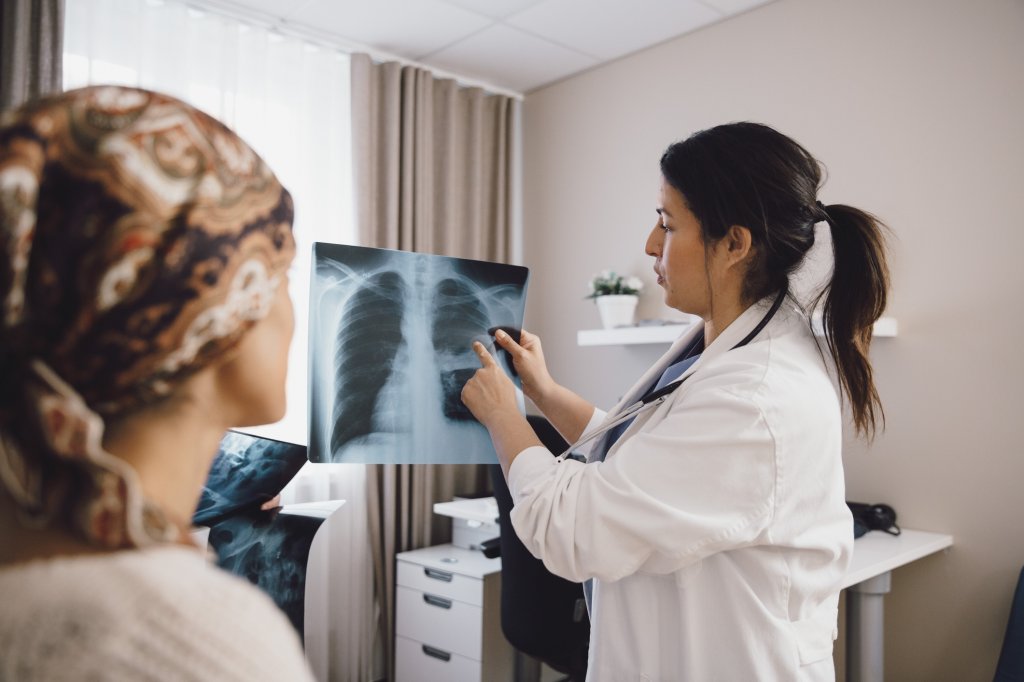With the recent performance of Cancer Waiting Times the worst on record, and predictions of thousands of ‘missing’ cancer patients that have yet to enter the system, the Government and NHS are focused on dealing with the backlog and recovering cancer services to pre-pandemic levels.
Progress over the last 50 years has transformed the prospects for people diagnosed with cancer in the UK. In the 1970s, only one in four cancer patients survived the disease for 10 years or more. By 2010, this had risen to two in four. However, there is still much to be done. Not all cancers are equal, some have seen much more progress than others: for example brain, pancreatic, lung and oesaphageal cancer have all seen limited improvement in outcomes and there is a strong need for research and innovation to tackle these challenges.
We also know that the burden that cancer will place on the system in the years to come remains significant. Cancer remains the leading cause of death in the UK and a growing and ageing population, with increasingly complex needs, means that cancer incidence continues to rise with projections of over half a million cases by 2035. This, against the backdrop of lower survival in the UK than in comparable countries around the world, and significant variation in outcomes across the UK, demonstrates how recovering to the performance pre-pandemic won’t be good enough. We should be reinvigorating transformative ambitions for cancer patients, and pushing beyond the backlog.
Ambitions in the NHS Long Term Plan published in 2019 were to radically transform outcomes for cancer patients in the UK. Central to these ambitions was a focus on early diagnosis of disease, together with ensuring access to innovative treatments for patients. The cancer community was united behind these aims, and supportive of new initiatives to drive the transformation needed. If we are to beat cancer, early detection and diagnosis is arguably the single most important and impactful objective we can have. Patients diagnosed early have the best chance of curative treatment and long-term survival – with a much greater range of treatment options opened up. Despite this, only 55% of cancers are currently detected early in England, for example.
It may actually be the case that the pandemic has supported an acceleration in the delivery of some new models – for example, the expanded rollout of Community Diagnostic Hubs is undoubtedly in response to dealing with the backlog. The pandemic also allowed for innovation in access to cancer medicines, with a £160 million initiative launched in August 2020 to fund drugs that treat patients without having such a big impact on their immune system or offer other benefits such as fewer hospital visits.
The pandemic has also sharpened minds on the need to support a flourishing life sciences environment – most notable in the publication of the Life Sciences Vision – and cancer remains a strong focus within this agenda. There is alignment here with the focus in the Long Term Plan, as well as the Early Detection and Diagnosis Roadmap that was published by Cancer Research UK in 2020. Mobilising the life sciences community around a common mission is a proven mechanism to unlock a step change in research and innovation, so it will be important to see this focus maintained in the coming years.
In the middle of November scientists from the US and UK convened at a summit, initiated by President Joe Biden and Prime Minister Boris Johnson, to explore avenues for new collaborations and partnerships to transform cancer outcomes for patients and their families. Themes covered included prevention and early detection, delivering faster and better new treatments and interventions, and working with patients and their families to help deepen our understanding of cancer. This comes at a time when significant progress has been made in cancer outcomes in some indications, but the outlook for other cancers remaining stubbornly challenging. Research will be key to unlocking more solutions for patients, and the meeting in Spring 2022 with President Biden and PM Johnson present will be instrumental to determine policy action to best support the research agenda. This will be informed by engaging a much wider pool of stakeholders – including industry – providing a brilliant opportunity to align the cancer research agenda with initiatives such as the Life Sciences Vision.
As we enter winter, with new Covid-19 variants emerging and a significant backlog to tackle there is a once in a generation opportunity for the Government and NHS leaders to reset and realign on ambitions for cancer patients. A focused strategy would channel investment into the most impactful areas and amplify work by a multitude of stakeholders from across industry, NHS and charities.











